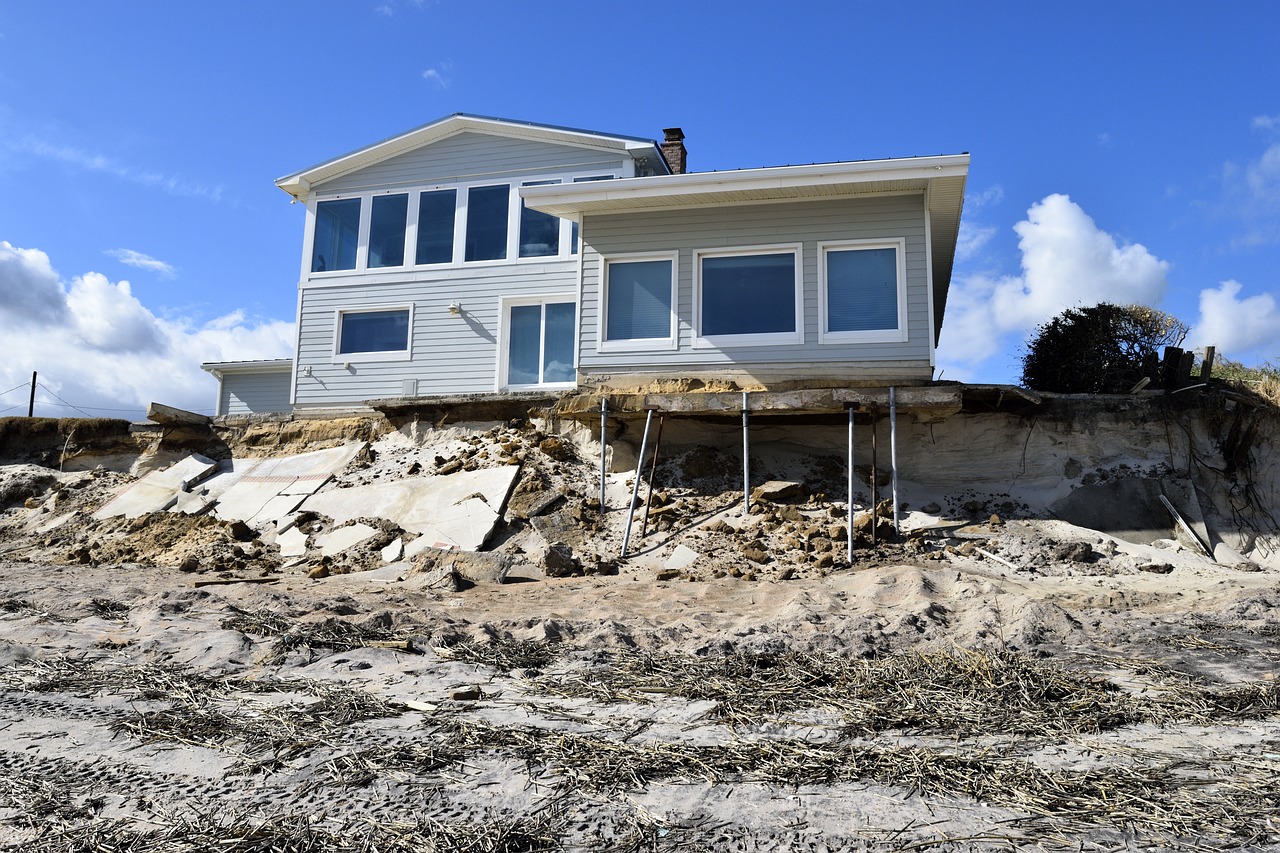As the impact and frequency of natural disasters intensifies due to climate change, analysts say it could cause a home insurance meltdown. Over recent years, several homeowners’ insurance groups have already changed their policies in disaster-prone areas, with many insurance companies declining to offer or renew coverage in states like California and Florida. Additionally, according to The Wall Street Journal, “homeowners are increasingly forgoing home insurance, gambling that the likelihood of a disaster isn’t high enough to justify the cost of a policy.”
Stephen O’Connor is a research professor of real estate at the George Washington University School of Business and the chair of The Center for Real Estate and Urban Analysis at GW. O’Connor has 30 plus years of processional real estate experience with a background in planning and public policy.
Aside from natural disasters like recurring wildfires in California and hurricanes on the east coast, O’Connor says rising sea levels in coastal regions and catastrophic flooding along major interior waterways expands the potential impact to almost every region in the country. According to the website Insurify, which identifies the highest insurance rates by state, Oklahoma has the second highest premiums in the country, which O’Connor says demonstrates that this isn't just an issue that affects coastal states.
“Some states are now forced to step into the void to provide a public alternative, but there are limitations. Citizens Property in Florida and the Fair Plan in Massachusetts are but two examples, with the former limiting coverage to a house value that is less than half of the statewide median. Neither is less expensive than private insurance, and some have very specific and high-priced deductibles related to wind and flooding events,” O’Connor says.
“So, yes the impact will be felt across the entire property and casualty spectrum and across all real estate asset (residential and commercial) classes. The immediate focus is on residential, and something will have to be done to avoid shutting down the new and existing home market. But from a public policy perspective, whether we should be allowed to rebuild in vulnerable areas that are subject to constant and devastating physical and financial losses is, in my view, an inevitable national conversation that runs smack into the inviolable rights associated with private property ownership.”
If you would like to speak with Prof. O’Connor, please contact Senior Media Relations Specialist Cate Douglass at cdouglass gwu [dot] edu (cdouglass[at]gwu[dot]edu).
gwu [dot] edu (cdouglass[at]gwu[dot]edu).
-GW-





